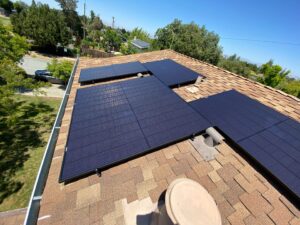
How Much Does a 2kW Solar System Cost?
Investing in a solar system is a significant decision for homeowners looking to reduce their energy bills and contribute to environmental sustainability. A 2kW solar

Investing in a solar system is a significant decision for homeowners looking to reduce their energy bills and contribute to environmental sustainability. A 2kW solar
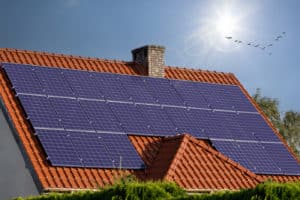
Investing in a solar system is a significant decision for homeowners looking to reduce their energy bills and contribute to environmental sustainability. A 3kW solar
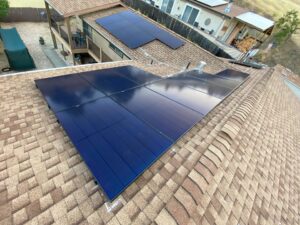
Investing in a solar system is a significant decision for homeowners and businesses alike. A 9kW solar system is an excellent choice for medium to
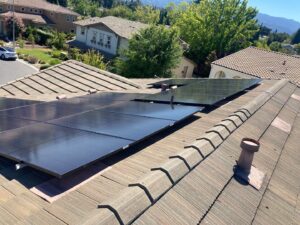
Investing in a solar system is a significant decision for homeowners looking to reduce their energy bills and contribute to environmental sustainability. A 4kW solar

Investing in a solar system is a significant decision for homeowners and businesses alike. A 19kW solar system is an excellent choice for large homes

Investing in a solar system is a significant decision for homeowners and businesses alike. An 8kW solar system is an excellent choice for medium-sized homes
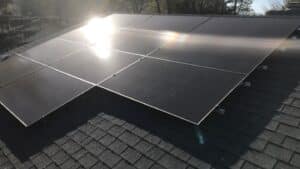
Investing in a solar system is a significant decision for homeowners and businesses alike. An 11kW solar system is an excellent choice for medium to
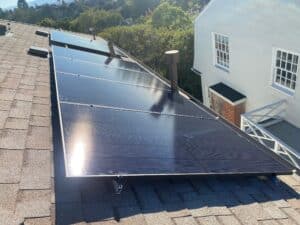
Investing in a solar system is a significant decision for homeowners and businesses alike. A 25kW solar system is an excellent choice for large homes
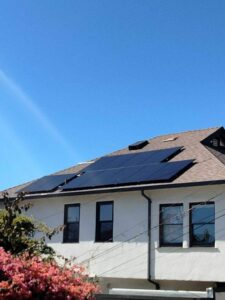
Investing in a solar system is a significant decision for homeowners and businesses alike. A 20kW solar system is an excellent choice for large homes

Investing in a solar system is a significant decision for homeowners and businesses alike. An 18kW solar system is an excellent choice for large homes

Investing in a solar system is a significant decision for homeowners and businesses alike. A 16kW solar system is an excellent choice for larger homes
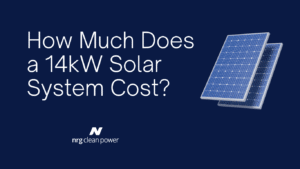
Investing in a solar system is a significant decision for homeowners and businesses alike. A 14kW solar system is an excellent choice for larger homes
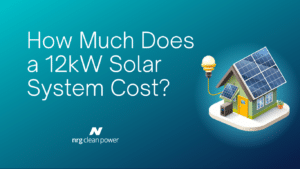
Investing in a solar system is a significant decision for any homeowner or business looking to reduce energy costs and contribute to a greener planet.
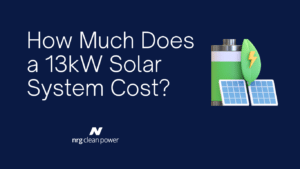
Investing in a solar system is a significant decision for homeowners and businesses alike. A 13kW solar system is an excellent choice for larger homes
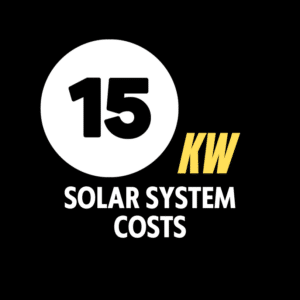
The average American pays $137 in electricity bills every month. That adds up to nearly $1,700 every year. But one look at unprecedented rate increases
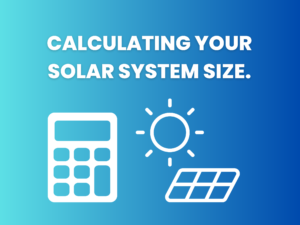
The idea of switching to solar energy is incredibly attractive for its environmental benefits and cost savings. But before you dive in as a homeowner

For a state with the largest solar capacity in the US, any change in its net metering law is bound to cause a stir. In
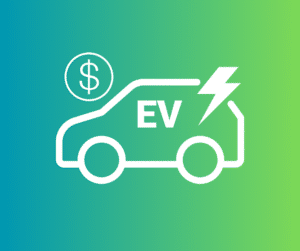
One million battery electric vehicles (BEVs) have been sold so far in the United States. Experts predict EVs will comprise 9% of all car sales
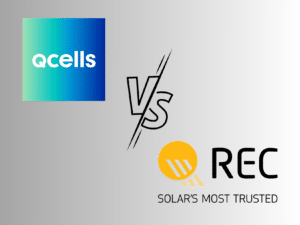
Going solar is one of the best decisions you can make as an individual and for your household. It’s a decision that goes beyond the

You cannot talk of residential solar without a passing mention of 10kW solar arrays. Popular across countries like the US and Australia, 10 kW Solar

Do you live in the right kind of 3,000-sq-ft house to use solar power? While the exact number depends on various factors such as location,
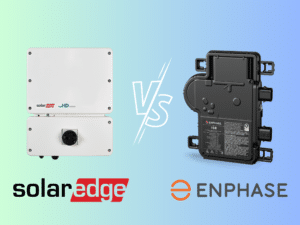
Still unsure as to whether you should choose SolarEdge vs Enphase? Read our solar experts’ comprehensive comparison to learn more!
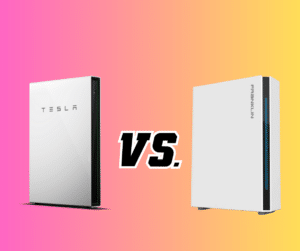
More and more residential solar users are turning to robust energy storage solutions like solar batteries. The market is rife with many choices, and Tesla’s
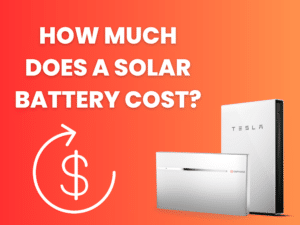
Residential solar adoption in the US experienced its fifth consecutive year of quarterly growth in 2022. There’s no doubt that more and more American homeowners

Adding a battery to an existing solar system is an excellent way to maximize the benefits of solar energy. It allows you to store excess

Short Answer: Standard grid-tied solar panels do not provide electricity during a blackout. However, with the addition of a battery storage system or a hybrid
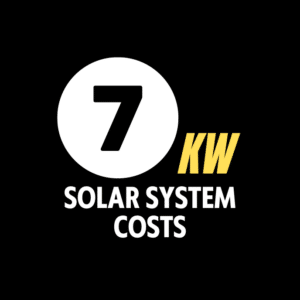
According to the US Energy Information Administration’s (EIA) 2021 estimates, an average U.S. residential unit consumes 29.53kWh of electricity monthly. A 7kW solar array can
| Cookie | Duration | Description |
|---|---|---|
| cookielawinfo-checkbox-analytics | 11 months | This cookie is set by GDPR Cookie Consent plugin. The cookie is used to store the user consent for the cookies in the category "Analytics". |
| cookielawinfo-checkbox-functional | 11 months | The cookie is set by GDPR cookie consent to record the user consent for the cookies in the category "Functional". |
| cookielawinfo-checkbox-necessary | 11 months | This cookie is set by GDPR Cookie Consent plugin. The cookies is used to store the user consent for the cookies in the category "Necessary". |
| cookielawinfo-checkbox-others | 11 months | This cookie is set by GDPR Cookie Consent plugin. The cookie is used to store the user consent for the cookies in the category "Other. |
| cookielawinfo-checkbox-performance | 11 months | This cookie is set by GDPR Cookie Consent plugin. The cookie is used to store the user consent for the cookies in the category "Performance". |
| viewed_cookie_policy | 11 months | The cookie is set by the GDPR Cookie Consent plugin and is used to store whether or not user has consented to the use of cookies. It does not store any personal data. |